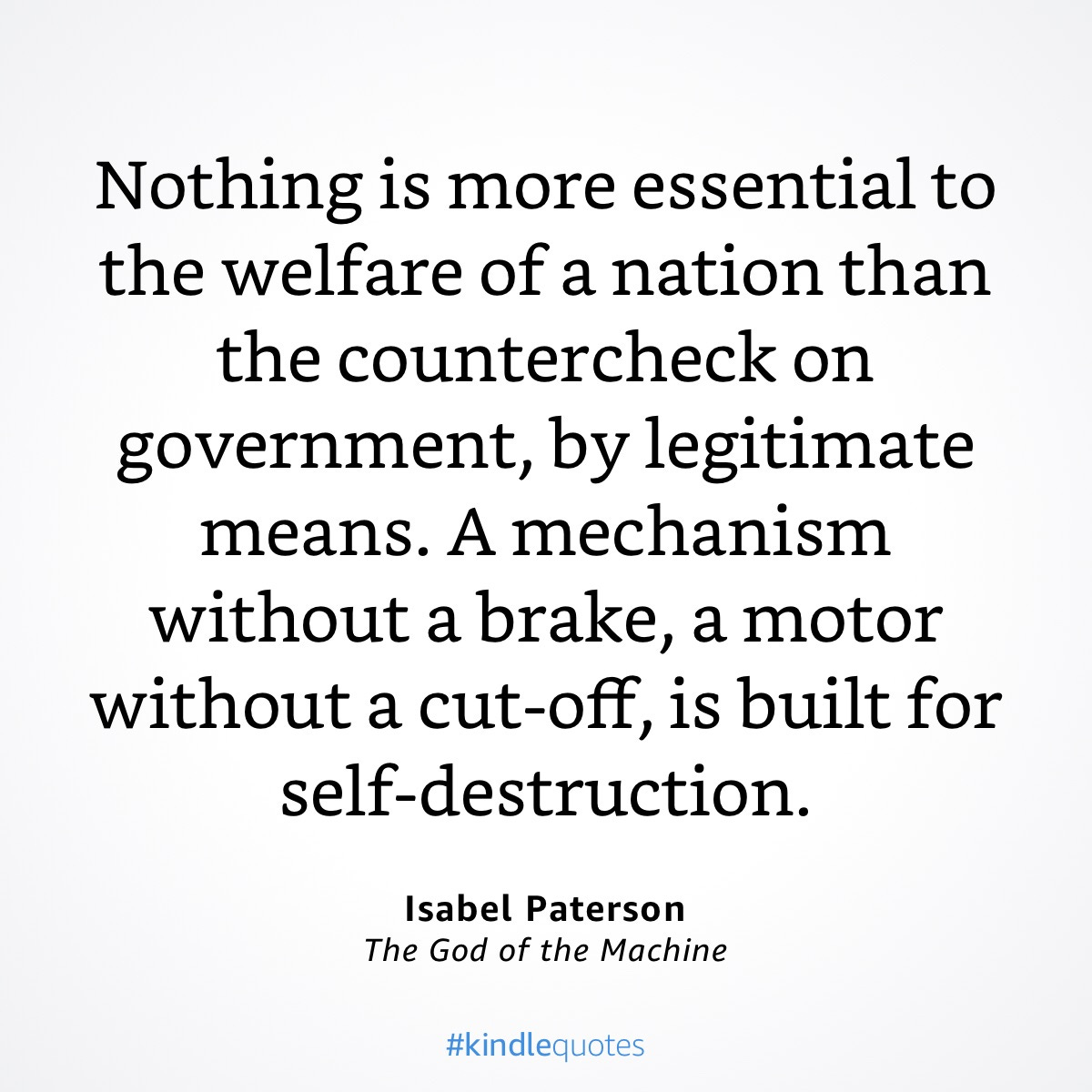Miscellany...
Some random quotes
From a book I am reading, things I wish I had said
On Rome when it was a world power
The whole energy which sustained the empire as a going concern came from outside the imperial city. Further, it arose from private effort and intelligence, from the enterprise and labor of individuals, who asked in return—simply to be let alone. What Rome did for them, as compared to any other known form of government, was to do nothing; the margin of benefit consisted in the limitation of government. The political power being withheld from economic activity, production was thus left to private management. The government of Rome was better than that of its predecessors because Rome governed less. This was the first demonstration of the axiom that the country which is least governed is best governed.
Then, later as Rome grew…
Meantime the producers, receiving less and less in exchange for their products, were impoverished and discouraged. Naturally they tended to produce less, since they would get no fair return; in fact, effort from which there is no net return automatically must cease. They consumed their own products instead of putting them into exchange. With that the taxes began to dry up. Taxes must come from surplus. The bureaucrats inevitably came down on the producers, with the object of sequestrating the energy directly at the source, by a planned economy. Farmers were bound to the soil; craftsmen to their workbenches; tradesmen were ordered to continue in business although the taxes and regulations did not permit them to make a living. No one could change his residence or occupation without permission. The currency was debased. Prices and wages were fixed until there was nothing to sell and no work to be had.
And especially this (which I DID say), generalized beyond Education
…the intrinsic nature of the political mechanism, which is and must be the same whatever the form. It is an instrument of negation, and nothing more.
Timeless? Isabel wrote this in 1943…


